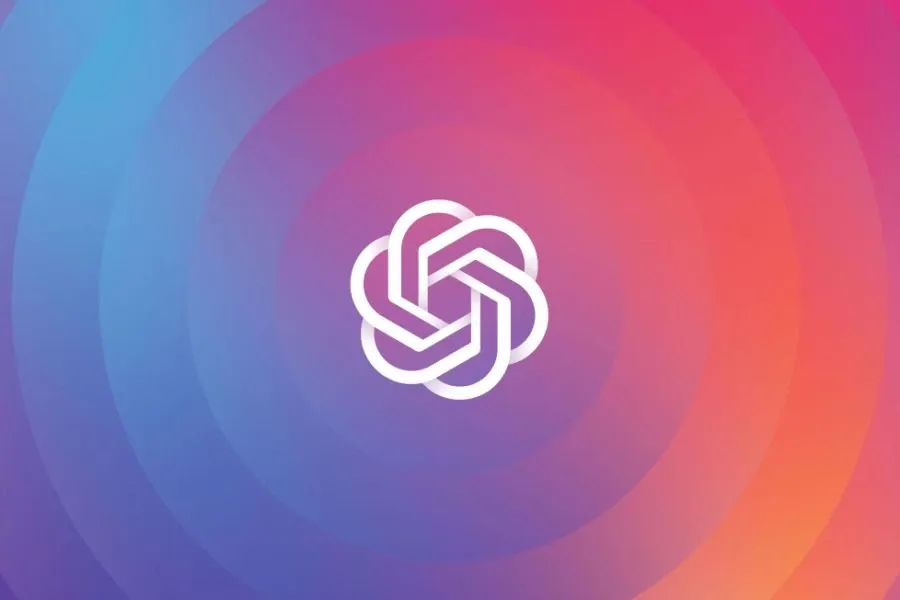Telefonica Tech Reports Strong IoT Gains in Spain
New hazard warning equipment in Spain has boosted Telefonica Tech’s overall IoT connection numbers in the opening 11 months of the year.

OpenAI, the AI research group, is starting a for-profit arm that will allow it to raise more money, according to Bloomberg. The group, which had been founded as a nonprofit company in late 2015, said the new for-profit arm is needed to attract venture capital and reward employees with stock options.
“We’ll need to invest billions of dollars in upcoming years into large-scale cloud compute, attracting and retaining talented people, and building AI supercomputers,“ the company said in a blog post. In recent years, fierce competition to hire leading AI researchers has driven salaries in the field to levels usually reserved for professional athletes and television personalities. OpenAI revealed in tax filings that it in 2016 it had paid its chief scientist, Ilya Sutskever, more than $1.9 million that year, including a signing bonus.
Sutskever, who is also a member of the nonprofit’s board, said in an interview that the change in structure was more about allowing OpenAI to purchase vast computing power than it was about rewarding researchers with big pay packages. “To do cutting edge AI research, you need huge computer expenses,“ he said. “We created this structure to raise the amount of money we would need to stay competitive.“
Many top machine-learning researchers work for large technology companies such as Alphabet’s two AI divisions, Google Brain and DeepMind, or Facebook. These companies can offer employees stock options, which OpenAI can’t as a nonprofit. Greg Brockman, OpenAI’s chairman and CTO, said that, in the past, many researchers had made financial sacrifices to work for the group.
The group said the nonprofit OpenAI would continue to be the sole controlling shareholder of the new for-profit company. If any members of the nonprofit’s board are also investors in the for-profit company, they will not be allowed to vote on key decisions affecting the relationship between the two entities. The company said it would legally cap the profits that outside investors and employees could make from shares in OpenAI LP at 100 times their initial investment.